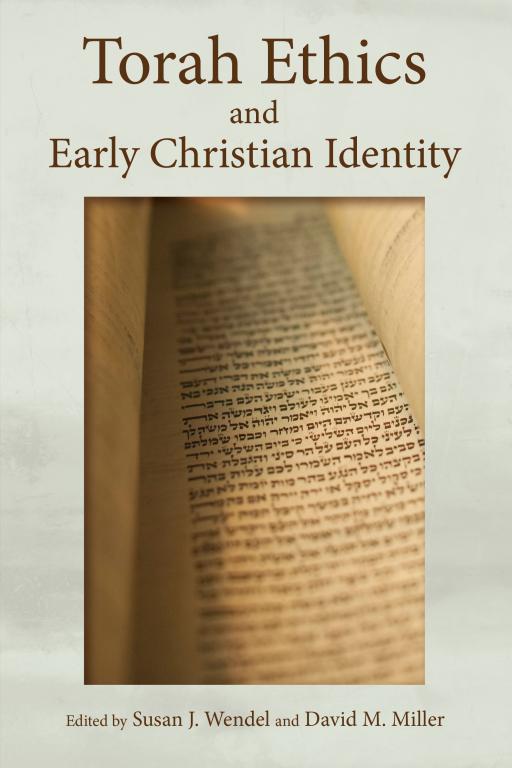
This may have been a book release that flew under the radar at the end of 2016. This multi-contributor work (ed. S.J. Wendel and D.M. Miller) is something of a Festschrift in honor of Stephen Westerholm (see preface). The main topic of the volume raises this key question: “in what ways did the Mosaic law continue to serve as a positive reference point for Christ-believers regardless of whether they thought Torah observant was essential?”
The book is divided into three sections: Torah Ethics in Early Judaism, Torah Ethics and the New Testament, and Beyond the New Testament. Contributors include Adele Reinhartz, Scot McKnight, Beverly Gaventa, Terence Donaldson, Richard Hays (a reprint of a previously published essay), and the book is capped off by an essay by Westerholm himself. The essays do seem to hang together pretty well, but I found the title a bit misleading – I am not sure “Torah ethics” is the right word. It may have better been termed “Torah and Early Christian Identity.” Still, several worthwhile essays included. Of particular interest to me were these:
Anders Runesson, “Entering a Synagogue with Paul: First-Century Torah Observance”
Scot McKnight, “The Law of the Laws: James, Wisdom, and the Law”
Beverly Gaventa, “Questions about Nomos: Answers about Christos: Romans 10:4 in Context”
Terence Donaldson, “Paul, Abraham’s Gentile Offspring, and the Torah”











